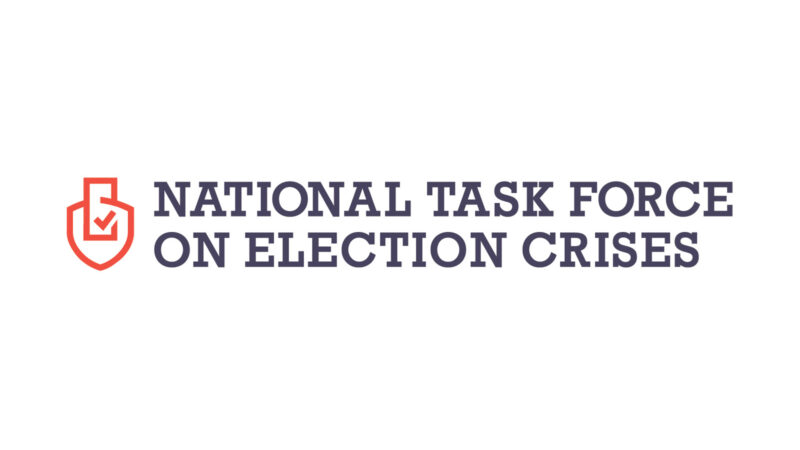Protected tens of thousands of voters from disfranchisement, intimidation, suppression, and election manipulation, and secured new precedents around the Ku Klux Klan Act and the Voting Rights Act.
Protecting Free & Fair Elections
Our Work
Without free, fair, and secure elections, voters have no voice, little control over the direction of the country; and few ways to correct course when things go awry.

Elections are the linchpin of our democracy. Holding elections, and ensuring that power changes hands in accordance with their outcomes, is the essence of democratic self-government. By defending them, we also protect our rights and our system of government.
This takes two steps. First, we defend the process of holding elections. We do so by making sure election officials are allowed to do their work without interference; that election systems are secure; and that politicians are unable to dictate the outcome or manipulate election rules.
Second, we protect voters’ ability to participate meaningfully in the process, free from intimidation and harassment.
By ensuring that elections remain free, fair, and secure, we maintain our collective ability to shape the future of the country — or, when needed, to change course. In that, we protect voters’ trust in the results, even when their preferred candidates lose.
- Build secure, accessible, and accurate election systems and processes that are free from interference from foreign adversaries or domestic political actors.
- Create guardrails that ensure voters and candidates abide by the outcomes of every election.
- Foster public confidence in the fact that elections are free, fair, and secure.
Helped defend the 2020, 2022, and 2024 elections from attempts to manipulate and subvert a free and fair result, and assisted in the passage of reforms to the Electoral Count Act.
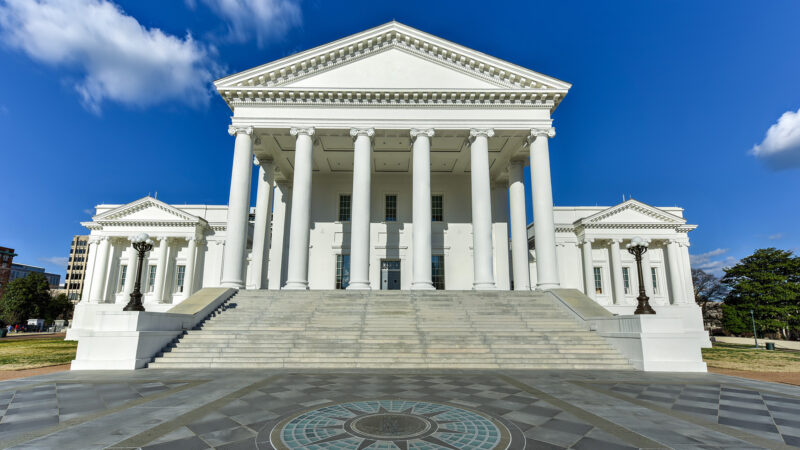
Defending the rights of eligible voters
Protect Democracy filed a lawsuit in 2024 to restore the rights of eligible voters in the state of Virginia.
October 7, 2024
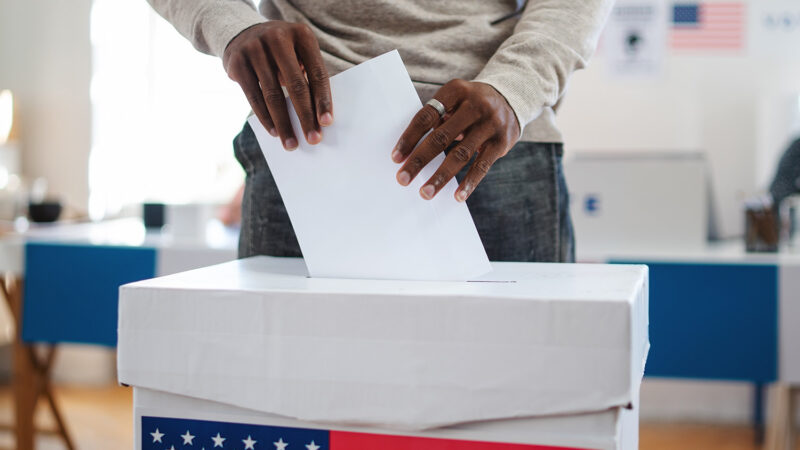
Election certification, explained
Election certification is the process through which the canvass – the process of counting and aggregating ballots, and ensuring that every ballot is accounted for – is concluded.
May 19, 2025
Federal Court Rules in Favor of Voters in North Carolina Post-Election Disenfranchisement Case
The final judgment affirms fundamental voting rights and orders certifications of Justice Riggs' victory.
May 6, 2025

Stopping the disenfranchisement of military and overseas voters in North Carolina
New state election rules, if applied post-hoc, would presumptively eliminate votes cast in November 2024 for Supreme Court Seat Six.
April 14, 2025

The election-stealing effort in North Carolina, explained
A zombie lawsuit aims to overturn and steal a NC Supreme Court race
January 11, 2025
League of Women Voters, Longtime NC Voters, Protect Democracy File Amicus Brief to Defend Rights of North Carolina Voters
Protect Democracy filed an amicus brief on behalf of the League of Women Voters of North Carolina and six registered North Carolina voters who meet the eligibility requirements for voting.
January 2, 2025
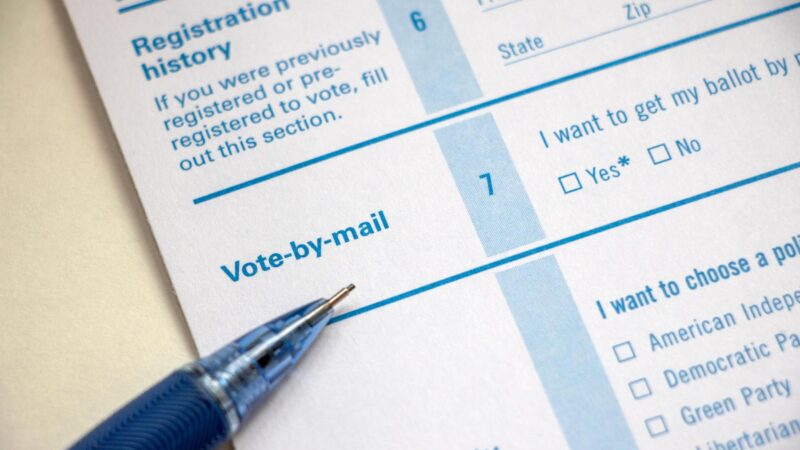
Voter List Maintenance, Explained
List maintenance helps ensure that voter rolls contain the right people and can be trusted as the foundation of our elections.
November 4, 2024

Why using “zombie lawsuits” to challenge election results will fail
The suits are meant to cast doubt on the validity of the election results and provide a pretext to challenge them — not to succeed in court.
November 1, 2024
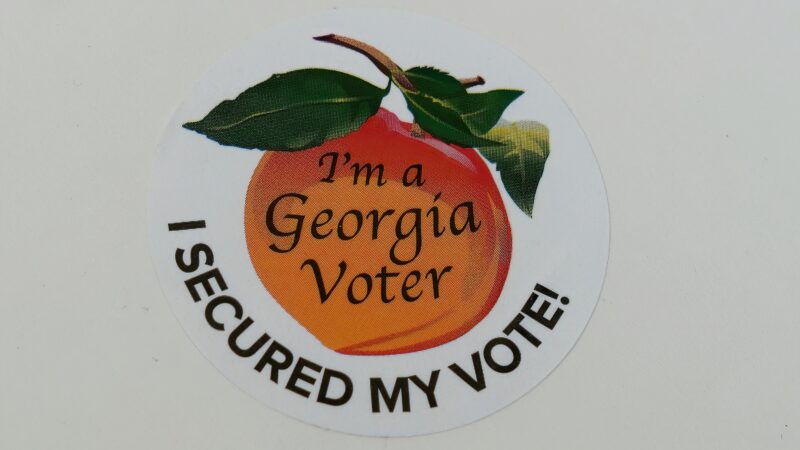
The Big Lie dressed-up as “data science”
United Sovereign Americans is trying to dress up the same old lies in junk data science, which they are using to ask the courts to disenfranchise voters in Georgia and in states throughout the country
October 29, 2024
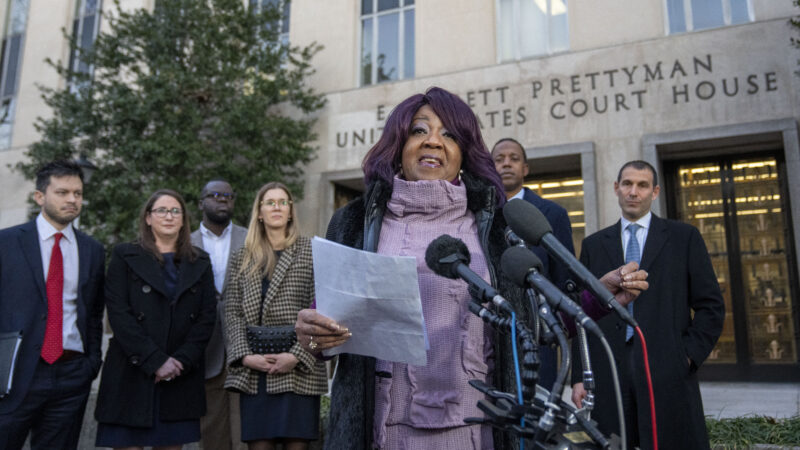
Federal Judge Orders Rudolph Giuliani to Turn Over Most of His Property to Ruby Freeman and Shaye Moss
A New York federal court ordered Rudolph Giuliani to turnover most of his property to Ruby Freeman and Shaye Moss in order to begin to satisfy the verdict they won against him in December 2023.
October 22, 2024
Election Official Sues for Malicious Prosecution After Virginia’s “Election Integrity Unit” Drops False Charges
Today, former election official Michele White filed a malicious prosecution lawsuit against Virginia Attorney General Jason Miyares and former Assistant Attorney General Joshua N. Lief.
October 17, 2024
